| Usage |
Usage
Busulfan is administered orally in tablet form, usually once daily. The duration of treatment varies based on your specific drug regimen, your body's response, and the type of cancer being treated. Ensure consistent timing for your daily dose. Comply with your prescription label instructions and seek clarification from your doctor or pharmacist as needed. Take busulfan precisely as prescribed; do not alter the dosage or frequency without your doctor's guidance. Any changes to your busulfan regimen should be discussed with your doctor.
|
| Side Effects |
Side Effects
Busulfan may lead to certain side effects. Inform your doctor if any of these symptoms persist or become severe:
• Nausea
• Diarrhea
• Loss of appetite or weight
• Constipation
• Mouth and throat sores
• Dry mouth
• Headache
• Sleep difficulties
• Anxiety
• Dizziness
• Swelling in the face, arms, hands, feet, ankles, or lower legs
• Chest pain
• Joint, muscle, or back pain
• Skin rash
• Itching and dry skin
• Darkened skin
• Hair loss
Some side effects could be serious. If you experience any of these symptoms, including those listed in the Precaution section, contact your doctor promptly:
• Black, tarry stools
• Red urine
• Unusual fatigue or weakness
• Breathing difficulties
• Changes in vision
• Vomiting
• Stomach pain
• Seizures
Busulfan may induce ovarian failure and delay puberty in girls. Discuss the risk of infertility with your doctor. Speak with your doctor about the potential side effects associated with this medication. Busulfan may also cause other side effects; consult your doctor if you encounter any unusual issues while taking this medication.
|
| Storage |
Storage
Please store this medication in its original container, securely sealed, and out of the reach of children. Store busulfan at room temperature, ensuring it's shielded from excessive heat and moisture. Avoid keeping it in the bathroom. Proper disposal of unused medications is crucial to prevent accidental ingestion by pets, children, or others. Never flush this medication down the toilet. Instead, dispose of it through a medicine take-back program, which you can inquire about from your pharmacist or local garbage/recycling department. It's essential to safeguard all medications from children, as many containers, including weekly pill organizers, eye drop bottles, creams, patches, and inhalers, are not child-resistant and can be easily opened. To prevent accidental poisoning, always secure safety caps and store medications in a safe location that is inaccessible to children.
|
| Special Precautions |
Special Precautions:
Before starting busulfan treatment, please inform your doctor and pharmacist of any allergies you have to busulfan, other medications, or any of busulfan's components. If needed, ask your pharmacist for a list of these ingredients.
Additionally, share with your healthcare providers the full list of prescription and over-the-counter medications, vitamins, dietary supplements, and herbal products you are currently using or plan to use. Ensure you mention any of the following: acetaminophen (Tylenol), specific chemotherapy drugs like bendamustine (Treanda), carmustine (BiCNU, Gliadel Wafer), cyclophosphamide (Cytoxan), ifosfamide (Ifex), lomustine (CeeNU), melphalan (Alkeran), procarbazine (Mutalane), temozolomide (Temodar), thioguanine; clozapine (Clozaril, FazaClo); cyclosporine (Sandimmune, Gengraf, Neoral); itraconazole (Sporanox); medications for mental health and nausea; phenytoin (Dilantin); or meperidine (Demerol). Your healthcare provider might need to modify your medication dosages or conduct vigilant monitoring for any potential side effects. Keep in mind that busulfan may interact with many other drugs, so disclose all medications you're taking, even if they are not listed here.
Inform your doctor if you have a history of prior radiation therapy, treatment with other chemotherapy drugs, seizures, or head injuries. Additionally, let your doctor know if you have previously taken busulfan but didn't respond to it.
Busulfan may affect the normal menstrual cycle in women and disrupt sperm production in men. However, this does not guarantee contraception, and individuals should not assume they cannot conceive or impregnate someone else. Pregnant or breastfeeding women should inform their doctors before starting busulfan treatment. It's important not to plan pregnancy while undergoing chemotherapy or shortly after treatment (consult your doctor for specific guidelines). To avoid pregnancy, employ a dependable method of birth control. If pregnancy occurs during busulfan treatment, contact your doctor immediately, as busulfan may harm the fetus.
|
| Warnings |
Warnings:
Busulfan can lead to a significant reduction in bone marrow blood cell counts. It's essential to inform your doctor and pharmacist about all the medications you're using. If busulfan is combined with other drugs that can lower blood counts, side effects may intensify. If you notice symptoms such as fever, sore throat, persistent cough, signs of infection, or unusual bleeding or bruising, contact your doctor immediately. Maintain all scheduled appointments with your healthcare provider and undergo regular laboratory tests before, during, and after your treatment to monitor your body's response and blood cell levels. Your doctor may need to adjust your dosage or temporarily discontinue busulfan to allow your blood count to recover if it drops too low. Always follow your doctor's instructions and consult if you're uncertain about your busulfan dosage. Busulfan may increase the risk of developing other cancers, so discuss potential risks with your doctor.
|


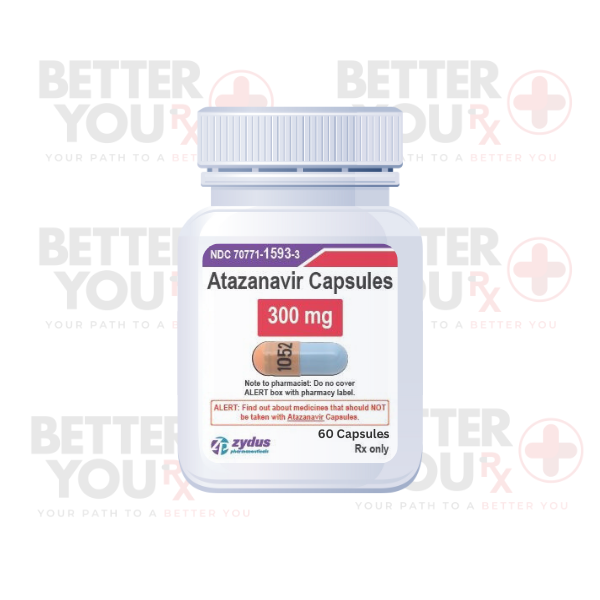
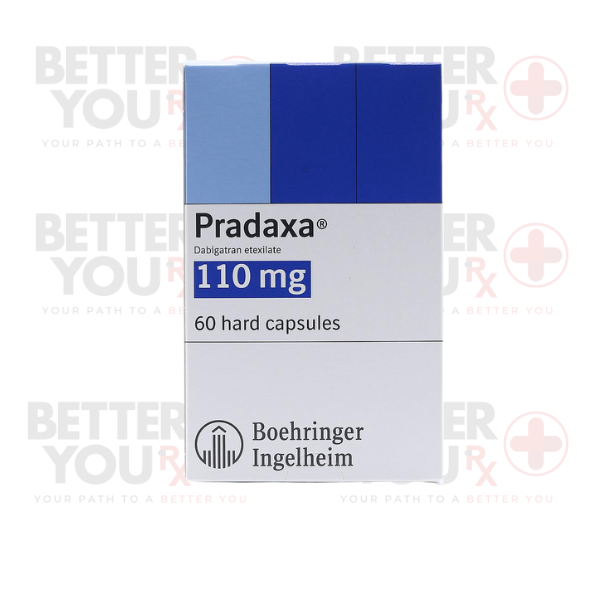
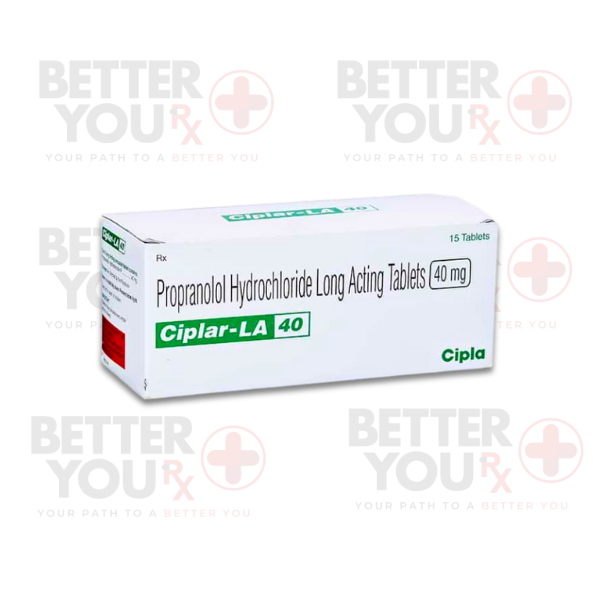


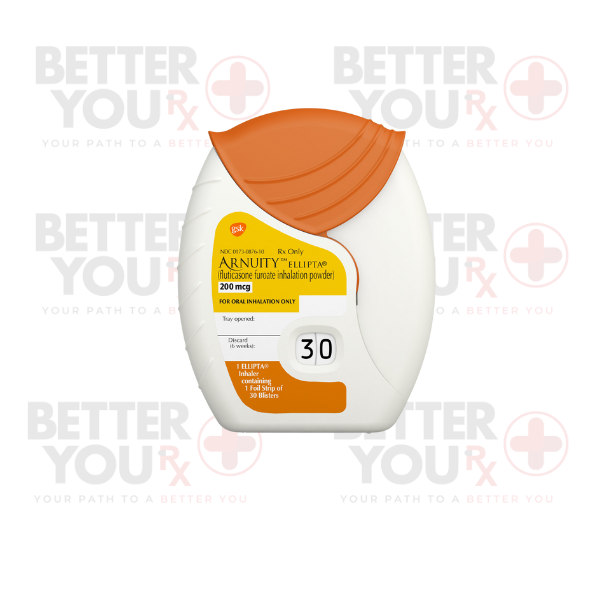

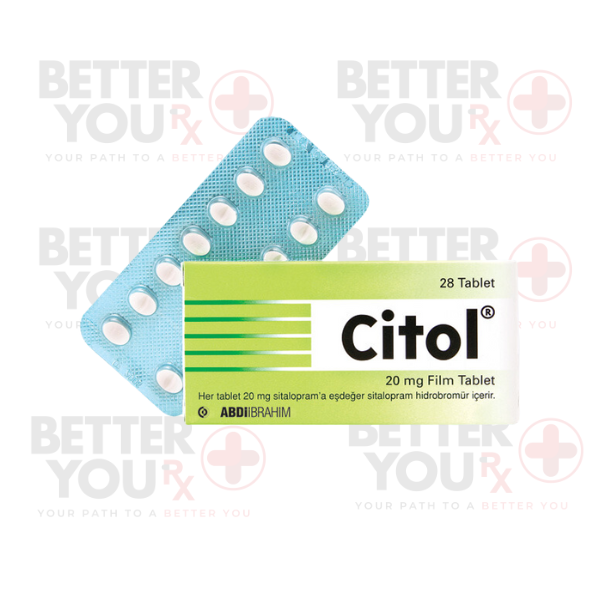
Reviews
There are no reviews yet.